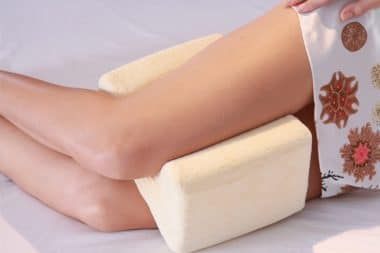Americans are fond of their vitamin supplements. We take them as sort of insurance policy against possible deficiencies caused by the “on the go” diet of fast food and prepackaged frozen meals. Even health-conscious people, especially women, who eat carefully prepared and planned meals, and who avoid taking multivitamin supplements, start taking extra calcium when they get to the menopausal age. This is the first advice of the majority of doctors: you need more calcium than the normal diet provides to avoid osteoporosis. But, the latest study conducted by a group of Swiss scientists on 24,000 women found that calcium supplements are doing more harm than good. They are found to double the risk of heart attack and are not in fact lessening the risk of osteoporosis as previously thought.
Calcium and heart attack
This is not the first study that warns of possible links between the calcium supplements, with or without added vitamin D, and increased risk of heart attack and stroke. Another study conducted in 2011 analyzed findings of a number of earlier studies regarding the usefulness of calcium supplements and came to the same conclusion: calcium supplement increases your risk of heart attack.
To make things even more confusing, scientists also found that too little calcium from food also increases the risk of heart attack, not to mention the risk of osteoporosis.
How much calcium is not too much?
The study found that about 800 mg of calcium per day daily, taken from food, not supplements, actually lowers the risk of heart attack by more than 30 percents. A dose of more than 1100 mg was considered the most dangerous for increased risk of heart problems.
If you feel confused, you are not the only one. But, what scientists are saying is that the calcium from food is better than calcium from the supplements, and that about 800 mg is the magic number ” “ not too little and not too much.
What about osteoporosis?
Calcium is necessary for the healthy growth of our bones. As we grow older, our ability to absorb calcium declines, so we need to take more from food or nutrients. According to the International Osteoporosis Foundation, young growing people under the age of 18 and people over the age of 50, need about 1300 mg of calcium daily. But, they recommend that we should take it from the healthy diet, together with vitamin D.
There are a few more tricks to keep your bones healthy without calcium supplements: diet healthy in fish such as sardines and salmon, almonds, dairy products, vegetables such as broccoli and kale. Alcohol, too much salt and tobacco affect how our body utilizes calcium. And get off your sofa and hit the trails. There is nothing like regular exercise to keep our body, mind and bones healthy and strong.







Reply